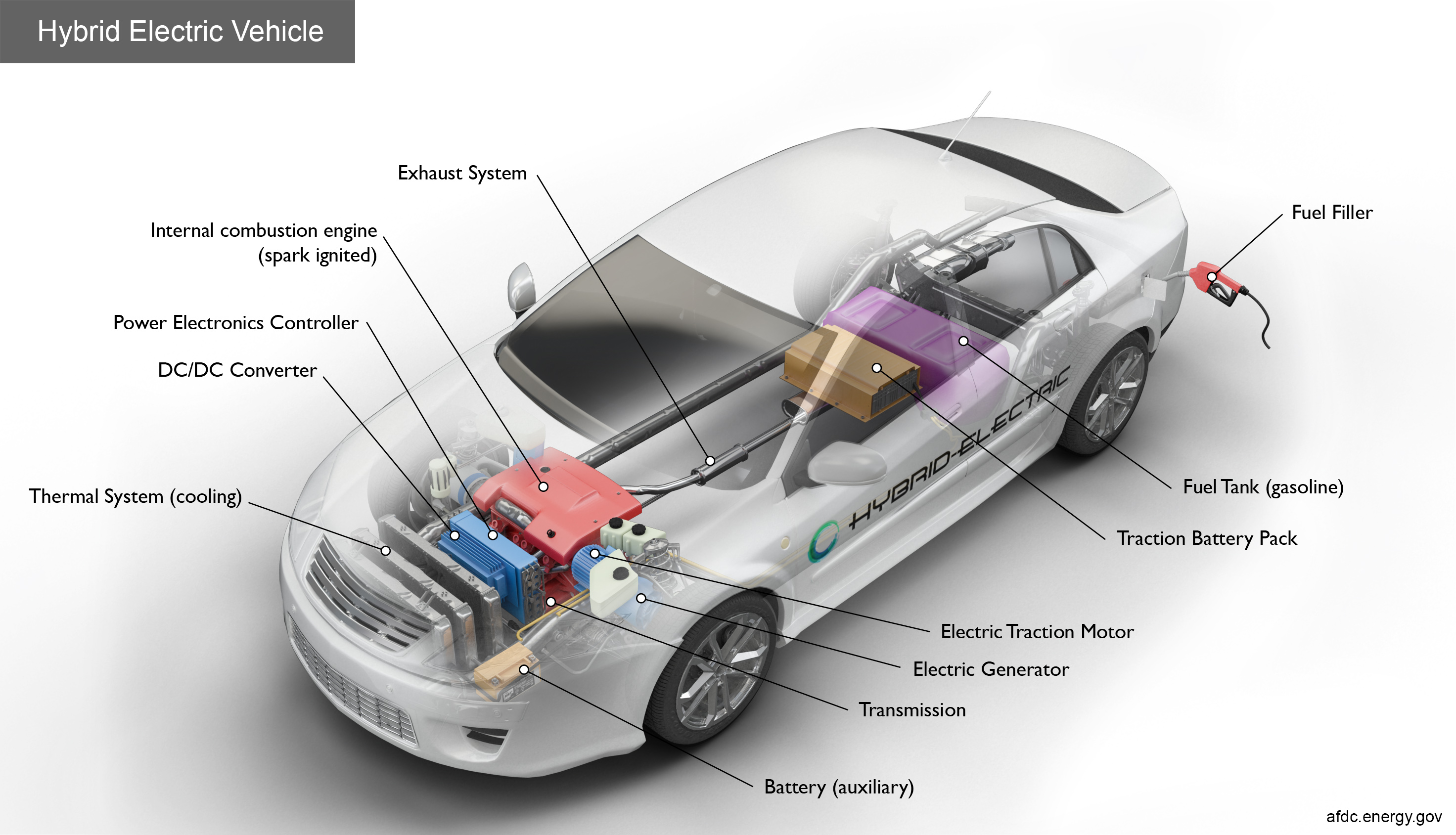News Blast: Your Daily Update
Stay informed with the latest news and trends.
Hybrid Cars: A Smooth Ride to the Future
Discover why hybrid cars are the eco-friendly choice for a smoother, greener future. Join the ride to innovation and sustainability today!
The Benefits of Hybrid Cars: Why You Should Consider Making the Switch
The rise of hybrid cars has transformed the automotive landscape, offering a practical solution for environmentally conscious consumers. One of the primary benefits of making the switch to a hybrid vehicle is its ability to significantly reduce fuel consumption and emissions. By combining an internal combustion engine with an electric power source, hybrid cars achieve superior fuel efficiency. For instance, many models can offer up to 50% better gas mileage compared to their traditional counterparts, making them not only eco-friendly but also cost-effective in the long run.
In addition to environmental advantages, hybrid cars often come equipped with advanced technology and features that enhance the overall driving experience. Many hybrids include regenerative braking systems, which capture energy that would otherwise be lost during braking and use it to recharge the battery. This innovation not only improves efficiency but also contributes to a smoother ride. Moreover, drivers may enjoy potential tax incentives or rebates aimed at promoting greener vehicles, further sweetening the deal. Making the switch to a hybrid car is a decision that aligns with sustainability efforts while providing modern functionality and savings.

How Hybrid Cars Work: A Simple Guide to Their Technology
Hybrid cars are vehicles that utilize two or more sources of power to operate, typically a combination of a gasoline engine and an electric motor. This dual powertrain allows hybrids to achieve better fuel efficiency and reduce emissions compared to traditional gasoline cars. The electric motor is powered by a rechargeable battery pack, which is charged by regenerative braking and, in some cases, by the gasoline engine itself. When the car accelerates or operates at low speeds, the electric motor provides the necessary power, allowing the gasoline engine to conserve fuel.
There are different types of hybrid vehicles, including parallel hybrids and series hybrids. In a parallel hybrid, both the gasoline engine and electric motor can drive the car simultaneously or independently, maximizing efficiency depending on driving conditions. Conversely, series hybrids rely primarily on the electric motor for driving, with the gasoline engine acting as a generator to charge the battery when needed. Understanding these technologies can help drivers make informed choices about their vehicle options and contribute to environmental sustainability.
Are Hybrid Cars Worth It? Debunking Common Myths and Misconceptions
When considering the question, Are hybrid cars worth it?, it's essential to address the prevalent myths and misconceptions surrounding them. One common myth is that hybrid vehicles are expensive to maintain. In reality, hybrid cars often have lower maintenance costs due to their regenerative braking systems and fewer moving parts in their engines compared to traditional vehicles. Additionally, many hybrids come with long warranties, which can further alleviate concerns over potential repair costs.
Another misconception is that hybrid cars are not powerful or efficient enough for everyday driving. However, modern hybrid technology has significantly improved performance, offering acceleration that rivals conventional vehicles while maintaining impressive fuel economy. With advancements in hybrid systems, such as plug-in hybrids, drivers can enjoy the benefits of electric-only driving for short commutes, ultimately reducing their carbon footprint and fuel expenses. Therefore, it is clear that hybrid cars can be a practical and environmentally-friendly choice for many consumers.